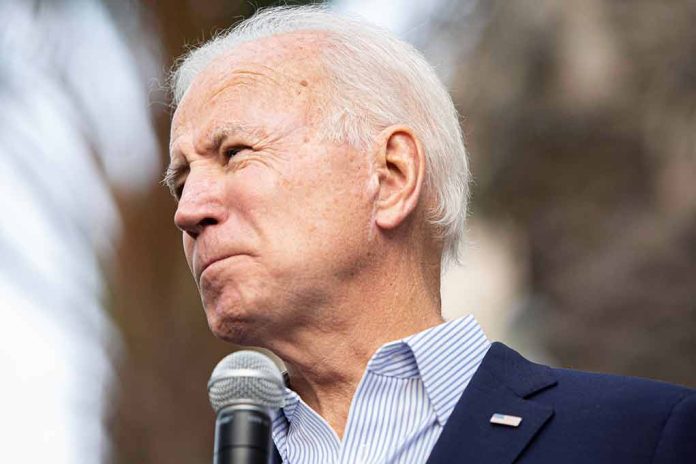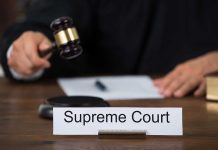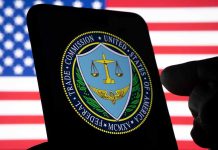
President Joe Biden has pardoned his son Hunter Biden, shielding him from potential prison time for federal felony gun and tax convictions.
At a Glance
- President Biden pardoned Hunter Biden for offenses from January 1, 2014, to December 1, 2024.
- Hunter faced convictions for tax evasion and federal gun charges.
- The pardon covers potential sentences of up to 17 years for tax charges and 25 years for gun-related charges.
- Biden claims his son was “selectively and unfairly prosecuted.”
- This action marks a reversal from Biden’s previous stance on not using executive authority for pardons.
Biden’s Surprising Pardon Decision
In a shocking turn of events, President Joe Biden has exercised his presidential powers to pardon his son, Hunter Biden. This decision comes as a stark reversal of his previous commitments to avoid using presidential authority to benefit family members. The pardon covers offenses committed by Hunter Biden from January 1, 2014, to December 1, 2024, effectively shielding him from potential imprisonment related to federal felony gun and tax convictions.
The President justified his actions by claiming that his son was the victim of selective and unfair prosecution. In a statement, Biden said, “From the day I took office, I said I would not interfere with the Justice Department’s decision-making, and I kept my word even as I have watched my son being selectively, and unfairly, prosecuted.”
Hunter Biden’s Legal Troubles
Hunter Biden faced a trial in Delaware for three felony firearm offenses and pleaded guilty in a separate felony tax case. He was found guilty of making false statements in a gun purchase and possession of a firearm as an unlawful user of controlled substances. The jury deliberated for three hours over two days before reaching a guilty verdict.
Prior to the pardon, Hunter Biden faced potential sentences of up to 17 years for tax charges and 25 years for gun-related charges. Sentencing was originally scheduled for December 12 and 16 for the gun and tax charges, respectively, but was delayed before the pardon was issued.
Political Fallout and Reactions
The pardon has sparked intense public and political debate, reflecting the broader discourse around the ethics and implications of presidential pardons when family members are involved. President Biden accused political opponents in Congress of instigating the charges against Hunter and causing a plea deal to fall apart.
“I am not going to do anything. I will abide by the jury’s decision.” – President Biden
This statement, made earlier by President Biden, stands in stark contrast to his recent actions, raising questions about the integrity of his previous commitments. The White House Press Secretary, Karine Jean-Pierre, had previously denied any plans for a pardon, further complicating the administration’s narrative.
Hunter Biden’s Response
Following the pardon, Hunter Biden released a statement acknowledging his past mistakes and expressing gratitude for the pardon. His legal team promptly filed notices to dismiss the charges with prejudice, effectively ending the legal proceedings against him.
As the dust settles on this controversial decision, many Americans are left questioning the implications of such a pardon on the integrity of the justice system and the Biden administration’s commitment to ethical governance. The coming weeks will likely see continued debate and scrutiny over this unprecedented use of presidential power.
Sources:
- Biden says Hunter was ‘selectively, and unfairly, prosecuted’
- Biden pardons son Hunter Biden ahead of exit from Oval Office
- President Joe Biden issues pardon for son Hunter Biden
- President Biden Pardons Son Hunter Despite Pledge Not To










